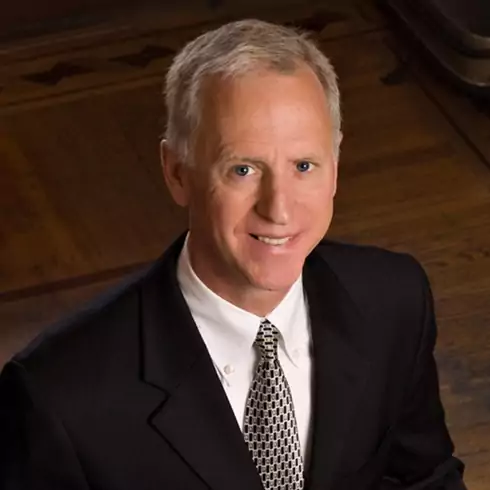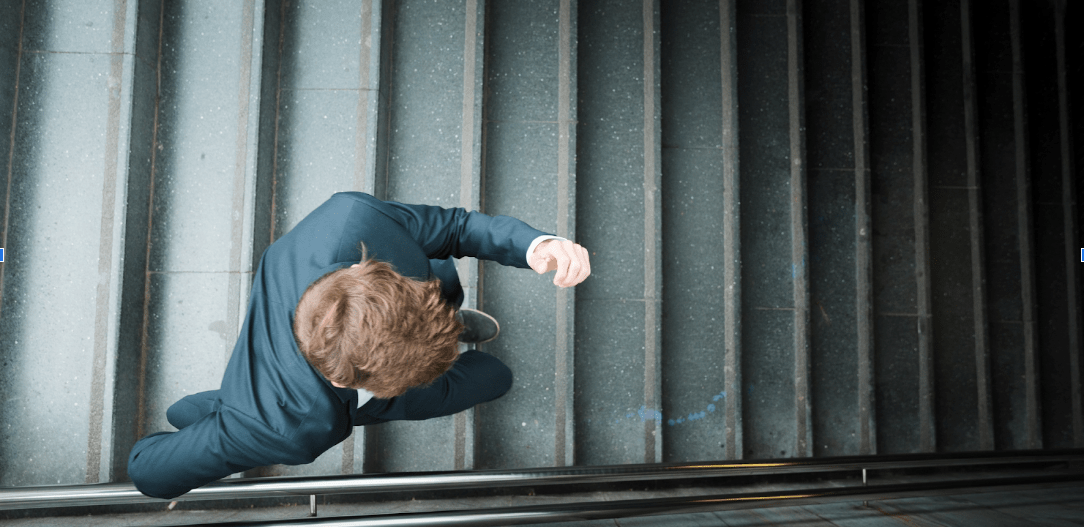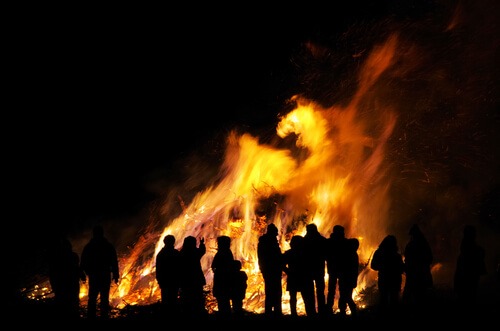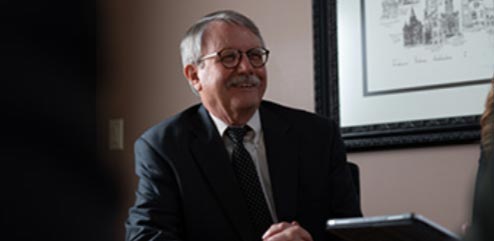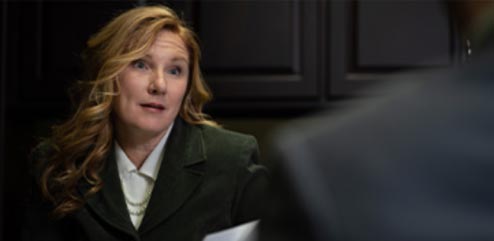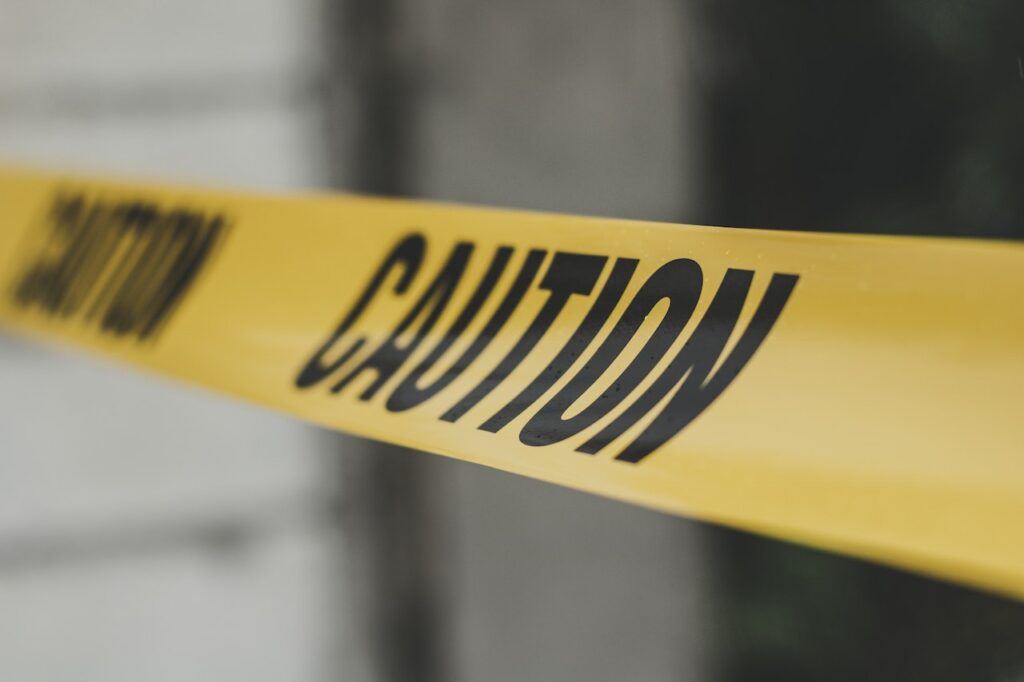
Kokomo Premises Liability Lawyer
Facing an accident or injury on someone else’s property can be confusing. The uncertainty, along with the burden of medical bills and lost wages, can create a challenging time for victims, especially if they’re dealing with severe and catastrophic injuries.
But if you or your loved ones are in such a situation, you need the support of a law firm with expertise and compassion. Our premises liability lawyer in Kokomo are dedicated to representing the rights of injured people from all over Indiana, working tirelessly to obtain the justice they deserve.
Christie Farrell Lee & Bell is an award-winning law firm that has been dedicated to helping our Indiana clients for over 40 years.

